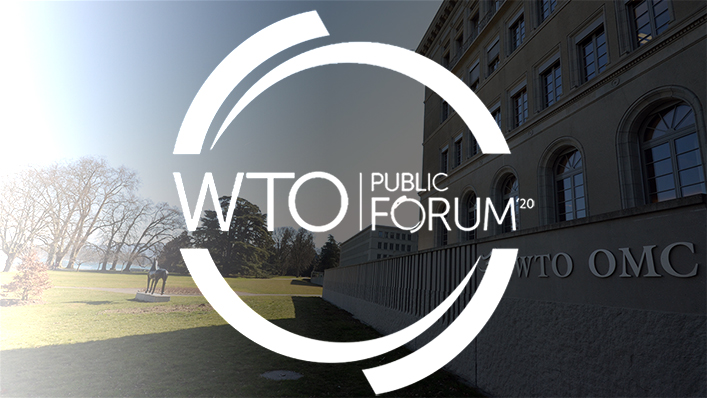How to construct a global governance architecture for digital trade
28 Sep 2021 12:35h
Data underpins the creation of value in the digital economy, and cross-border data flows is a key topic in the digital trade negotiations. According to data from the Global Trade Alert – which promotes an independent monitoring of policies that affect world commerce – data governance has been the most active regulatory field, followed by competition, content, operating conditions, and taxation.
In spite of the economic importance of data, it also touches policy areas that go well beyond trade, such as data protection, consumer protection, competition, and freedom of speech. In fact, a large part of cross-border data does not strictly relate to the trade of goods or services.
Current governance arrangements that underpin data flows are incoherent and fragmented, reflecting conflicting private interests and the existence of competing ‘data realms’, most notably the United States, the European Union, and China. Their approach to data governance is underpinned by different societal values and policy priorities, and this translates into different rules of data governing. Frequently, third countries are confronted with the need to choose between one of these different approaches, contributing to further enhancement of the policy and regulatory gaps in data governance.
In practice, one of the most controversial issues in data policy discussions have been the data localization measures, which have significantly proliferated in recent years. According to Ms Lay Lin Tan (Director, International Trade Cluster, Ministry of Trade & Industry, Singapore), “data should be allowed to flow safely and smoothly across borders”. Countries should adopt a ‘building blocks’ approach to harmonisation, especially when it comes to data privacy, taking into account principles and guidelines from relevant international organisations, and seeking to put in place interoperable regulation. Tan mentioned several examples of measures for enhancing normative interoperability, such as mutual recognition and certification systems, and data sharing within the framework of regulatory sandboxes.
Although much attention has been given to the approaches on data governance adopted by the US, EU and China, understanding the priorities of developing countries in this topic could be the key to reach a global and inclusive data governance framework. An analysis of South-South preferential trade agreements (PTAs) included in the database of TAPED (Trade Agreements Provisions on Electronic-commerce and Data) was presented by Ms Karishma Banga (Research Fellow, Institute of Development Studies, United Kingdom), providing some insights on the preferences of developing countries.
Out of 60 South-South agreements included in the TAPED database, only 32% show provisions on e-commerce. Among those, 12% have an e-commerce chapter that contains provisions on data flows, and 8% have a provision banning data localisation requirements. Only 15% include a ban on customs duties on electronic transmissions. According to Banga, South-South agreements reveal a discrepancy when it comes to regulatory priorities at multilateral negotiations and negotiations led by developed countries – in which free data flows has been a key topic – and the priorities of developing countries aiming to retain policy space to put in place their digital industrialisation policies.
There is need to build an inclusive, multistakeholder, and transparent way of promoting data governance, according to Mr Robert Fay (Managing Director, Centre for International Governance Innovation, Canada). This could take the form of a Digital Stability Board, a new Bretton Woods-style agreement to enable the world to meet the promise of the new connected age. These inclusive discussions would feed into the WTO, helping it to modernise its rules on data.
Related event

